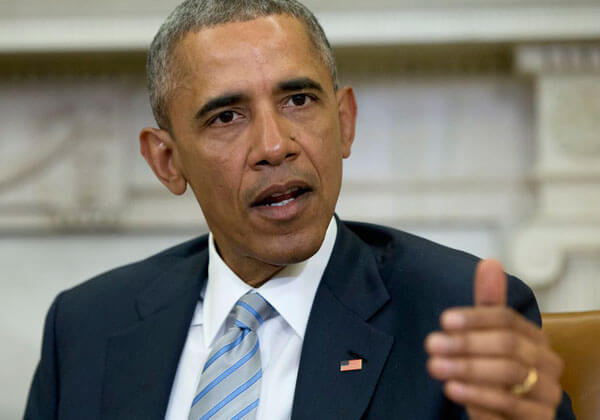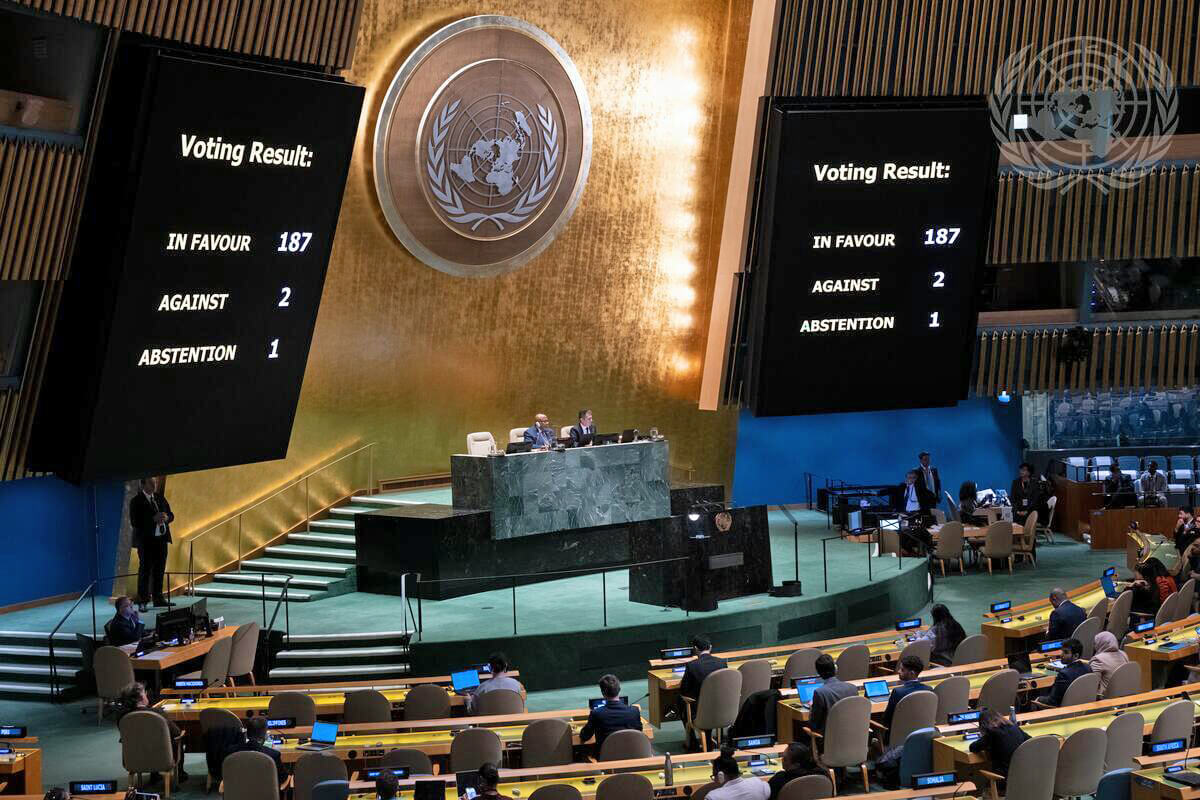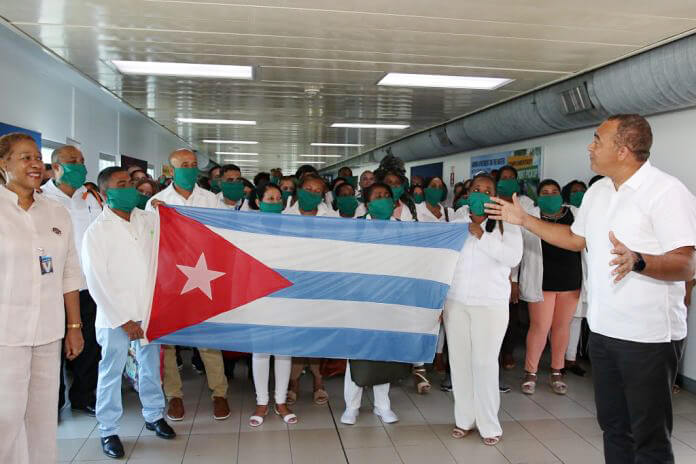The United Nations General Assembly on Thursday voted overwhelmingly against the United States’ economic and trade embargo against Cuba that was first imposed in 1960.
The UN said a total of 187 States voted for the resolution put forward each year against the embargo, with only the US and Israel voting against and Ukraine abstaining.
The resolution’s full title is the “necessity of ending the economic, commercial and financial embargo imposed by the United States of America against Cuba.”
The General Assembly voiced concern that, despite its resolutions dating back to 1992 (Resolution 47/19), “the economic, commercial and financial embargo against Cuba is still in place,” and that “the adverse effects of such measures on the Cuban people and on Cuban nationals living in other countries.”
The Assembly recalled measures adopted by then US President Barack Obama in 2015 and 2016 “to modify several aspects of the application of the embargo, which contrast with the measures applied since 2017 to reinforce its implementation.”

The General Assembly reiterated its call for all States to refrain from promulgating and applying such restrictive laws and measures in line with their obligations under the UN Charter and international law.
In explaining its vote, the Representative of the United States, Paul Folmsbee, said that his country “stands resolutely” with the Cuban people.
“We strongly support their pursuit of a future with respect for human rights and fundamental freedoms,” he said, noting that sanctions are “one set of tools” in the US’ broader effort towards encouraging Cuba to advance democracy and promote respect for human rights and fundamental freedoms.
He said the US recognizes the challenges the Cuban people face, explaining that sanctions include exemptions and authorizations relating to exports of food, medicines and other humanitarian goods to Cuba.
“The US opposes this resolution,” he said, encouraging the General Assembly to urge the Cuban government to adhere to its human rights obligations “and listen to the Cuban people and their aspirations to determine their own future.”
But Cuban Foreign Minister Bruno Rodríguez Parrilla said the more than 60-year blockade violates the rights of all Cuban men and women.
He said families lack goods, there are long queues, excessively high prices, and the government makes great efforts to feed its people.
Rodríguez Parrilla said the blockade deprives the agricultural industry of funds to buy animal fodder, industrial equipment and other necessities for food production.
Despite wavers on food products, he said the US is violating rules of international trade.
“Cuba is prevented from buying from US companies and its subsidiaries in third countries, equipment, technologies, medical devices and end use pharmaceuticals, and is, therefore, forced to acquire them at exorbitant prices by way of intermediaries or to replace them with less-effective generic drugs,” he said, citing testimony from Cuban families wrestling with serious illnesses.
“How different could [their] lives have been, if Cuba was not prevented from acquiring directly from the US market the [medications] to prevent the spasms?” he queried.
The Foreign Minister recalled the situation during the COVID-19 pandemic, highlighting the challenges to acquire medical oxygen and the need for the US Government to grant a special license for that transaction, “even during the pandemic”, which reflected the inhumane nature of the policy.
Rodríguez Parrilla said 80 per cent of the population has never known life without the crippling US blockade.
It is “an act of economic warfare, in times of peace”, creating a situation of ungovernability and an attempt to destroy the constitutional order, he said.
Rodríguez Parrilla said Cuba was not threat at all to the US and that to subject a small nation for decades to economic warfare was unacceptable.
He said the whole country was being deprived of the right to progress, through an “illegal, cruel and inhumane policy”.
Rodríguez Parrilla claimed that the US has been pressuring banks worldwide not to deal with his nation, becoming victims of US hostility and its harmful impact on the global financial system.
He pointed out that the blockade separated Cuban families and deprives US citizens of their right to visit Cuba.
The “tightening economic siege” has been accompanied by a disinformation campaign against Cuba, he said, seeking to destabilize and discredit the country.
The Foreign Minister said there was a “media crusade” in the US aimed at encouraging discontent and a false impression of domestic political crisis.
He said he appreciated the support of more than 40 countries during the course of the two-day debate.
However, Rodríguez Parrilla said Cuba would “continue to build bridges with the people of the US” and all emigres living abroad, and never cease to defend their “free and sovereign homeland”, supporting its continuing transformation.


























